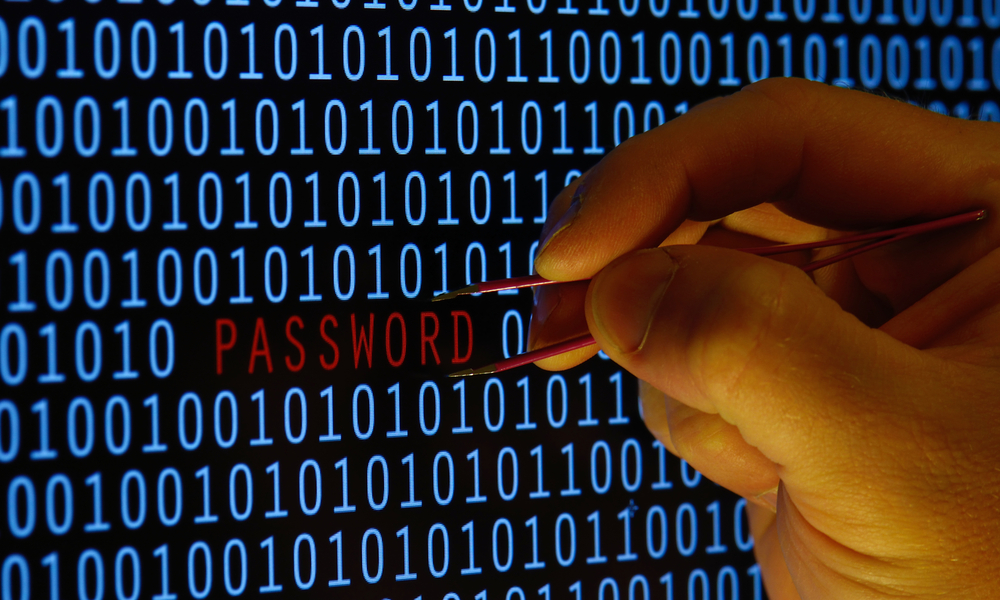Strong passwords - less security risk
On May 7, 2020, "World Password Day" will put a global spotlight on the importance of strong passwords and the threat of identity data misuse.

"World Password Day reminds us all that weak number sequences continue to be used far too frequently around the world and pose a significant security risk," emphasizes Christoph Meinel, director of the Hasso Plattner Institute (HPI). Also, the widespread multiple use of
passwords for different services is extremely careless, considering the damage that could result.
Most important rules
The most important rules for creating strong passwords, according to HPI, are:
- The length of the password should be at least 15 characters.
- The password should include as many different character types as possible (letters, numbers, special characters) as well as upper and lower case.
- Do not use terms from the dictionary or other "meaningful" strings. In addition to brute force attacks, "dictionary attacks" are the most common way to crack passwords: Here, lists of words are used to decrypt foreign passwords.
- Never use the same password for multiple accounts. Otherwise, if one password is cracked, it will allow criminals to access all other services.
- Never use personal information such as names, dates of birth, pet names, names of partners or the respective application (e.g. "Adobe"). These data could be easily guessed.
- If possible, use 2-factor authentication.
- Password managers help generate and securely store strong passwords.
Password check and tips from the Zurich data protection officer
Whether the password used is strong enough can be checked, for example, on the website of the data protection commissioner of the Canton of Zurich (click here for the Password check):
The data protection officer of the canton of Zurich also provides tips for strong passwords (click here for the Password tips).
Sources: HPI, Data Protection Officer Canton of Zurich
Free online security check
Whether you have been the victim of identity theft is easy to check with the Identity Leak Checker, an online security check from the Hasso Plattner Institute (HPI).
Since 2014, every Internet user there has been able to https://sec.hpi.de/ilc free of charge by entering his e-mail address check whether identity data of him freely circulating on the Internet and misused
could become. In the meantime, the security researchers enable the comparison with almost 15 billion stolen identity data freely available on the Internet. The data comes from more than 1,000 leaks - in 2020 alone, more than 480 million stolen user accounts have already been entered, HPI writes.









